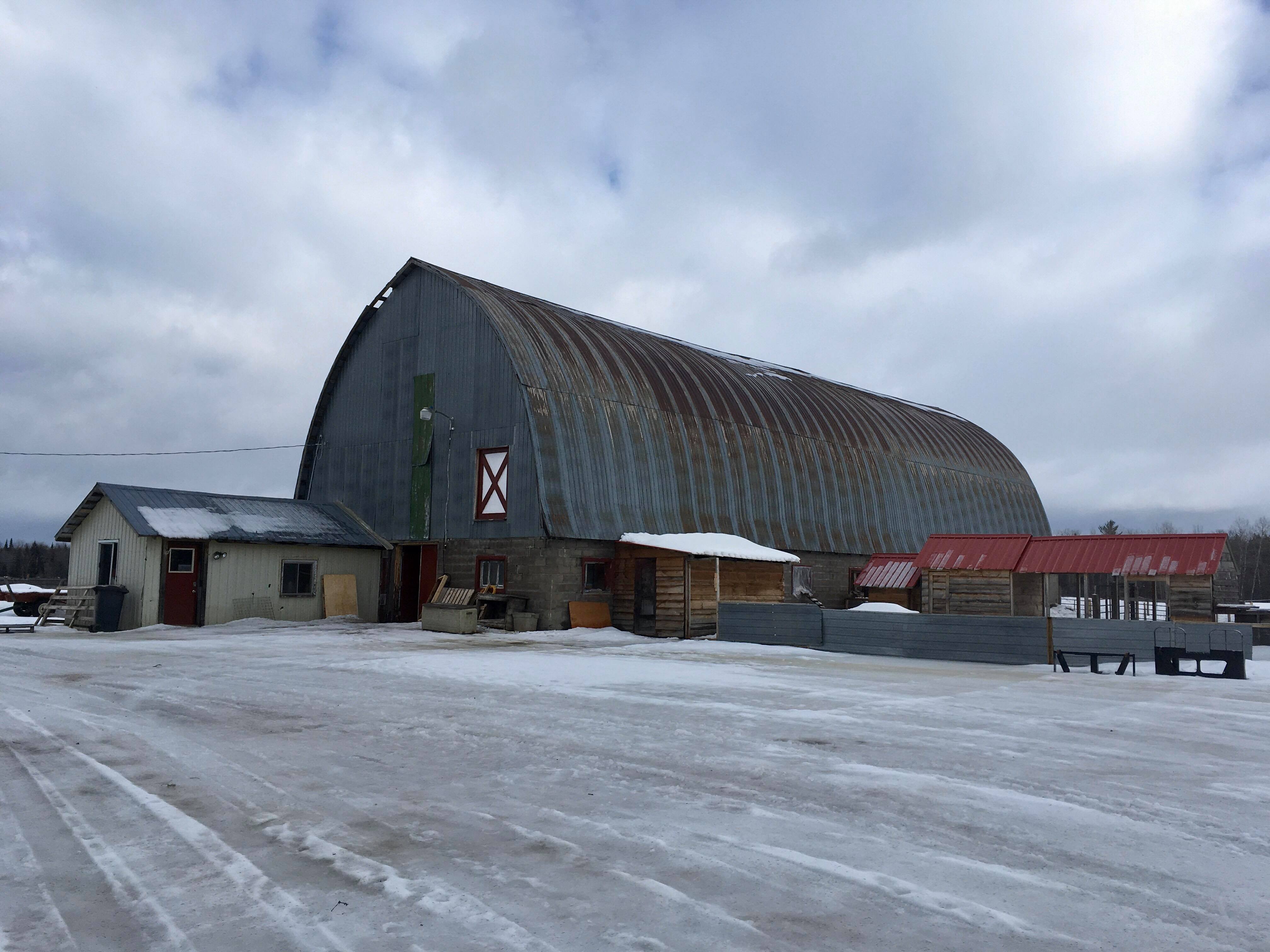The owners of the farm
Vicky Lauzon

Dominique Brosseau


the farm
the icelandic sheep
The Icelandic sheep is one of the world’s oldest and purest breeds of sheep.
Throughout its 1100 years of history, the Icelandic breed has been truly triple-purpose, treasured for its meat, fiber and milk.
The Icelandic breed is in the North European short-tailed group of sheep, which exhibits a fluke-shaped, naturally short tail. To ensure the continuing purity of the breed, tail docking an Icelandic will disqualify it from being registered in North America. Icelandics are a mid-sized breed with ewes averaging 130-160 pounds, and rams averaging 180-220 pounds. Conformation is generally short legged and stocky. The face and legs are free of wool. The fleece is dual-coated and comes in white as well as a range of browns, grays and blacks. There are both horned and polled strains. Left unshorn for the winter, the breed is very cold hardy.
Due to their large rumens, and the selective pressures of their history in Iceland, the breed is feed efficient. The animals are cold hardy and have a strong, reactive immune system. The sheep have evolved over 1,100 years under difficult farming conditions in Iceland, with a resultant sturdy and efficient constitution.A defining quality of the Icelandic breed is the ability to survive on pasture and browse. Historically, Iceland is not a grain-producing country due to the climate, and the breed has survived through its thousand year history on pasture and hay.
Text from : www.isbona.com


the other animals
Zoey, Cybelle and Annabelle are our guardian llamas, they live with our sheep and alerts us when they spot something abnormal. Moreover, their imposing presence and unique smell are worrisome for coyotes, so they prefer to keep their distance! We also have livestock guardian dogs, Togo and Leo who keep our animals safe.
We have two cats who live on the farm and hunt down vermin in the buildings.
We also have two ponies; Pépito and Inook who take advantage of our fields and that we ride for fun when our schedule allows us to do



